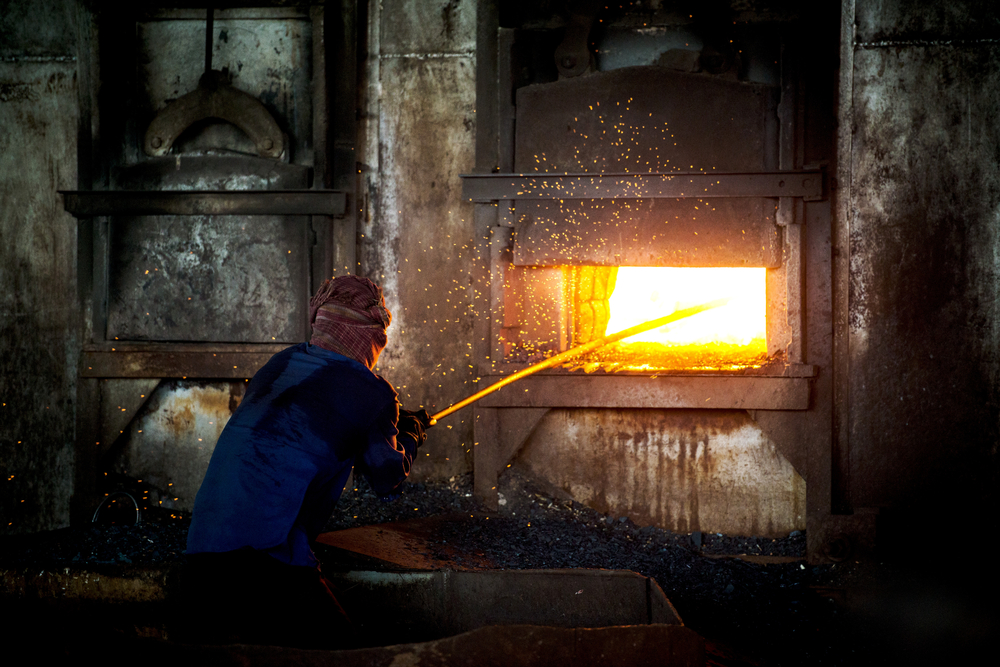India’s manufacturing activity slumped to a record low in April as business activities came to a near standstill after the Centre imposed a nationwide lockdown on 25 March to contain the spread of Covid-19, a private survey showed.
The Nikkei Manufacturing Purchasing Managers’ Index, compiled by IHS Markit, plunged to 27.4 last month from March’s 51.8, by far its lowest since the survey began in March 2005 and its for the first time below the 50-mark separating growth from contraction in nearly three years.
In PMI parlance, a print above 50 means expansion, while a score below 50 denotes contraction.
Factory order books shrank in April amid widespread business closures. New orders fell for the first time in two-and-a-half years and at the sharpest rate in the survey’s history, far outpacing the fall during the global financial crisis, the survey said.
“After making it through March relatively unscathed, the Indian manufacturing sector felt the full force of the coronavirus pandemic in April,” said Eliot Kerr, economist at IHS Markit.
Analysts attributed the lower production to temporary factory closures that were triggered by the restrictive measures to limit the spread of Covid-19.
CARE ratings warned the PMI for services would fall further as the entire sector, barring the financial businesses, had come to a complete halt.
Export orders also witnessed a sharp decline. Following the first reduction since October 2017 during March, foreign sales fell at a quicker rate in April. “In fact, the rate of decline accelerated to the fastest since the series began over 15 years ago,” the survey said.
On the employment front, deteriorating demand conditions saw manufacturers drastically cut back staff numbers in April. The reduction in employment was the quickest in the survey’s history.
Power worry
Power consumption in April dipped 22.75 per cent to 85.05 billion units (BU) compared with 110.11 BU in the same month a year ago.
According to power ministry data, the peak power demand met in April stood at 132.77GW, almost one-fourth less than 176.81GW in the same month a year earlier.
The peak power demand met is the highest energy supply during the day across the country.
“In the latest survey period, record contractions in output, new orders and employment pointed to a severe deterioration in demand conditions.
Meanwhile, there was evidence of unprecedented supply-side disruption, with input delivery times lengthening to the greatest extent since data collection began in March 2005,” Kerr said.
On the prices front, both input costs and output prices were lowered markedly as suppliers and manufacturers themselves offered discounts in an attempt to secure orders.
Going ahead, sentiment regarding the 12-month outlook for production ticked up from March’s recent low on hopes that demand will rebound once the COVID-19 threat has diminished and lockdown restrictions eased.
“There was a hint of positivity when looking at firms’ 12-month outlooks, with sentiment towards future activity rebounding from March’s record low. That said, the degree of optimism remained well below the historical average,” Kerr said.











